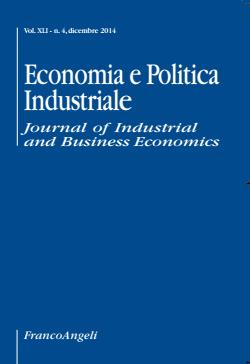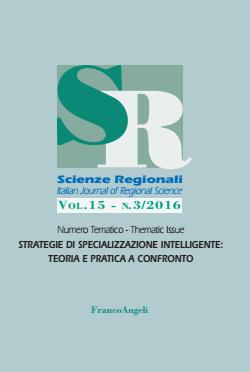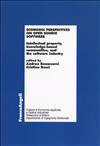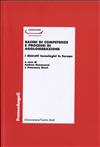
The subject of this article is the analysis of the Italian business R&D expenditure over the 2001-2010 period. Two main features make the Italian case interesting in international comparisons: first, the country has not been able to catch up with the average level of business R&D expenditure in the European Union (with respect to GDP) in spite of a constant increase of the R&D spending over the observed period; second, the R&D performing business sector has confirmed over the years its structural heterogeneity with respect to size distribution, sectorial and technological specialisation, and firm organisational models. A number of descriptive dimensions of the R&D activities of firms are investigated in order to identify explanatory factors for the performance in terms of R&D expenditure level, intensity, and persistence. The distinction between occasional and persistent R&D is also discussed, suggesting that such divide refers to two distinct R&D strategies that, possibly, introduce an additional dualism in the Italian business sector. The goal of the article is descriptive. The discussion of the state of the art of the literature is carried out mainly with the aim of commenting the evidence, rather than testing models. Thus the analysis keeps an exploratory attitude, opening the way for future strategies of explicit modeling and empirical testing.










